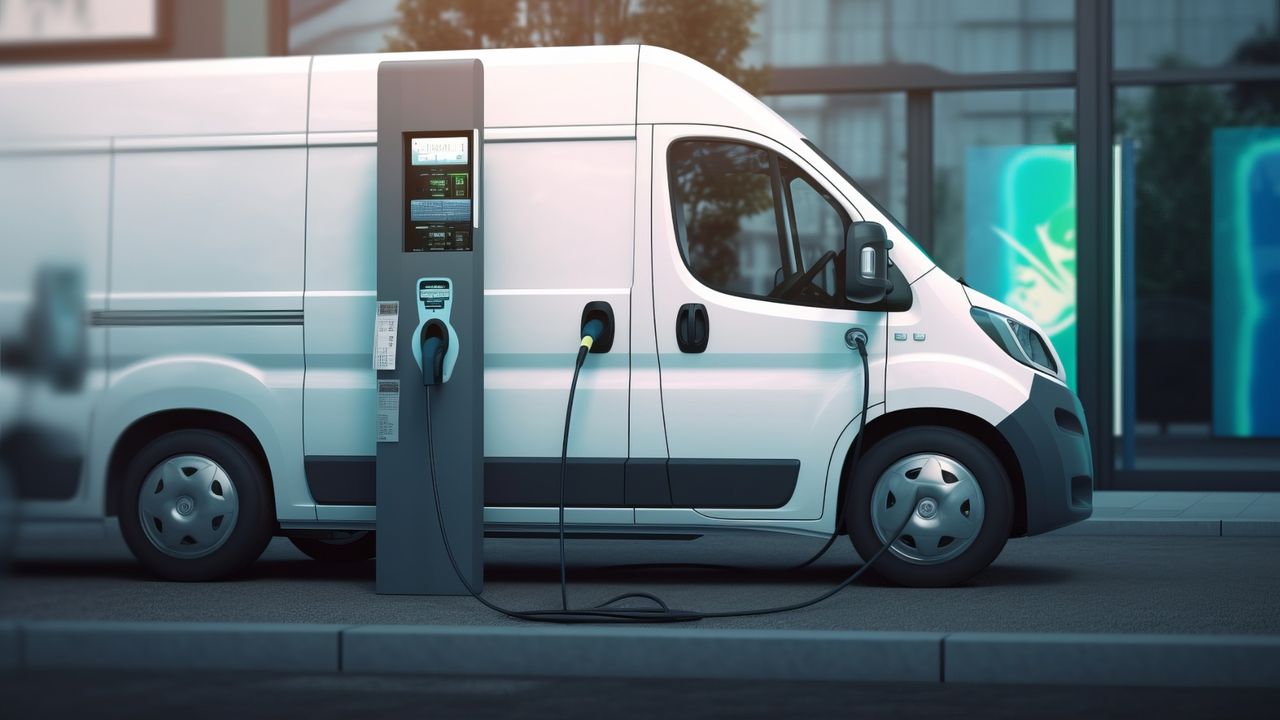Range Anxiety and How It Is Being Addressed
As electric vehicles (EVs) become more popular, one of the main concerns for potential buyers is range anxiety. Range anxiety refers to the fear or stress experienced by EV drivers when they worry about running out of battery power before reaching their destination. However, the automotive industry has been actively addressing this issue by improving electric vehicle range, energy consumption, and range estimation.
Electric Vehicle Range
One of the primary factors contributing to range anxiety is the limited distance an electric vehicle can travel on a single charge. However, significant advancements have been made in recent years to increase the range of EVs. Early electric vehicles had a range of around 100 miles, which was a major limitation for many drivers. Today, several EV models can travel over 300 miles on a single charge, making them more practical for everyday use.
Automakers are continuously investing in research and development to enhance battery technology, which directly impacts the range of electric vehicles. Lithium-ion batteries, the most common type used in EVs, have seen improvements in energy density, allowing them to store more energy and provide longer ranges. Additionally, advancements in charging infrastructure have made it easier for EV owners to find charging stations and extend their driving range.
Energy Consumption
Reducing energy consumption is another crucial aspect in addressing range anxiety. Electric vehicles are becoming more efficient, thanks to advancements in motor technology and overall vehicle design. Efficient electric motors, regenerative braking systems, and improved aerodynamics all contribute to reducing energy consumption and extending the range of EVs.
Automakers are also focusing on lightweight materials and optimizing vehicle weight distribution to enhance energy efficiency. Lighter vehicles require less energy to move, allowing for longer driving ranges. Additionally, the use of advanced energy management systems helps monitor and control the energy consumption of various vehicle components, further optimizing the efficiency of electric vehicles.
Range Estimation
Accurate range estimation is crucial for EV drivers to plan their journeys and alleviate range anxiety. Early electric vehicles often provided inaccurate range estimates, leading to uncertainty and anxiety for drivers. However, modern electric vehicles employ advanced range estimation systems that take into account various factors to provide more accurate predictions.
Range estimation systems consider factors such as driving style, weather conditions, and terrain to calculate the remaining range. By analyzing historical driving data and real-time inputs, these systems can provide EV drivers with a more precise estimation of how far they can travel on their current charge. This information allows drivers to plan their routes more effectively and make informed decisions about when and where to charge their vehicles.
Conclusion
Range anxiety is a valid concern for electric vehicle owners, but the automotive industry is actively addressing this issue. Improvements in electric vehicle range, energy consumption, and range estimation are making EVs more practical and reliable for everyday use. As technology continues to advance, range anxiety will become less of a barrier for potential EV buyers, leading to wider adoption of electric vehicles and a greener future.
